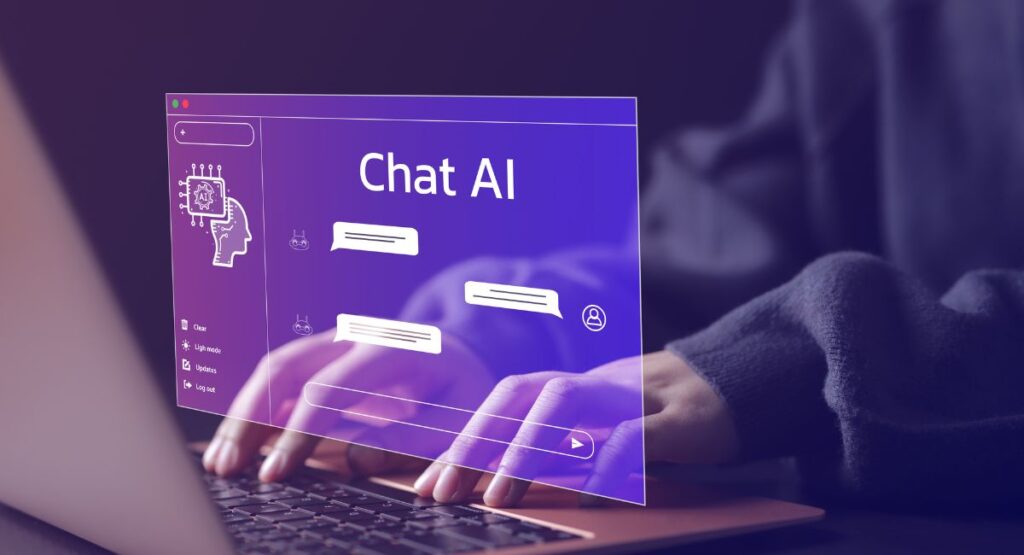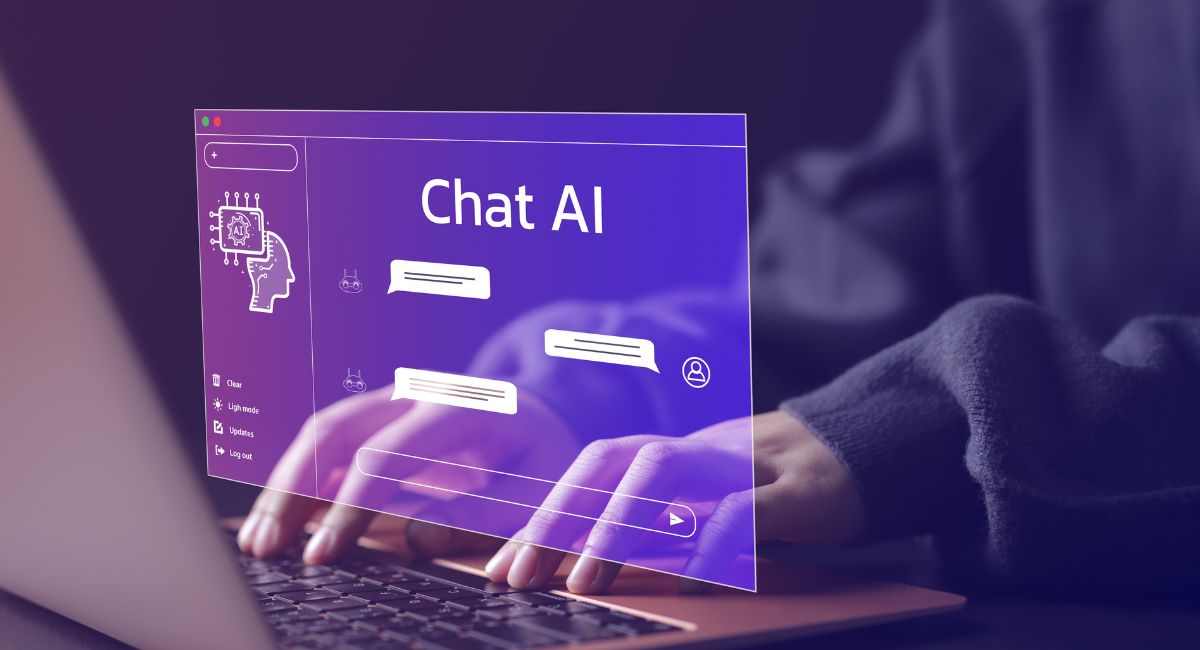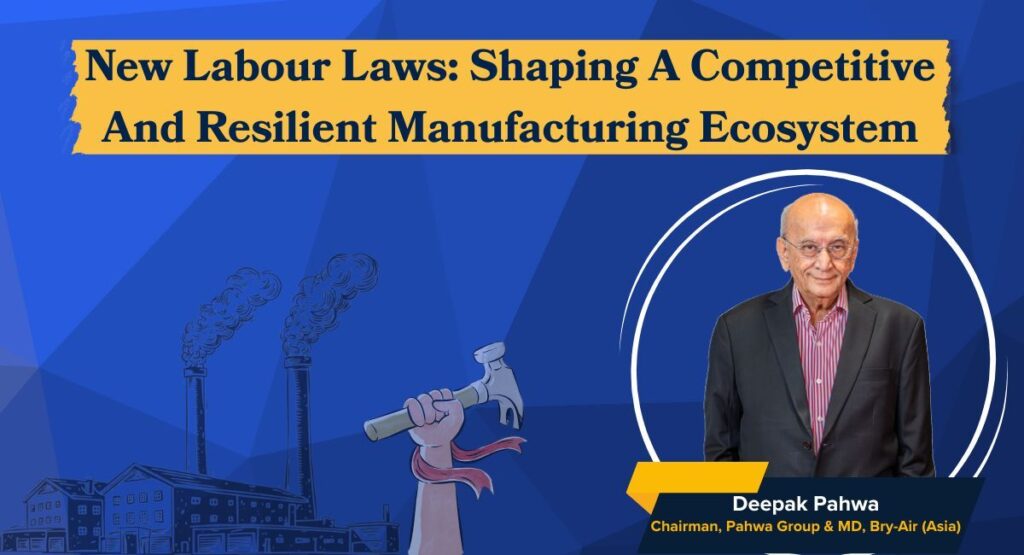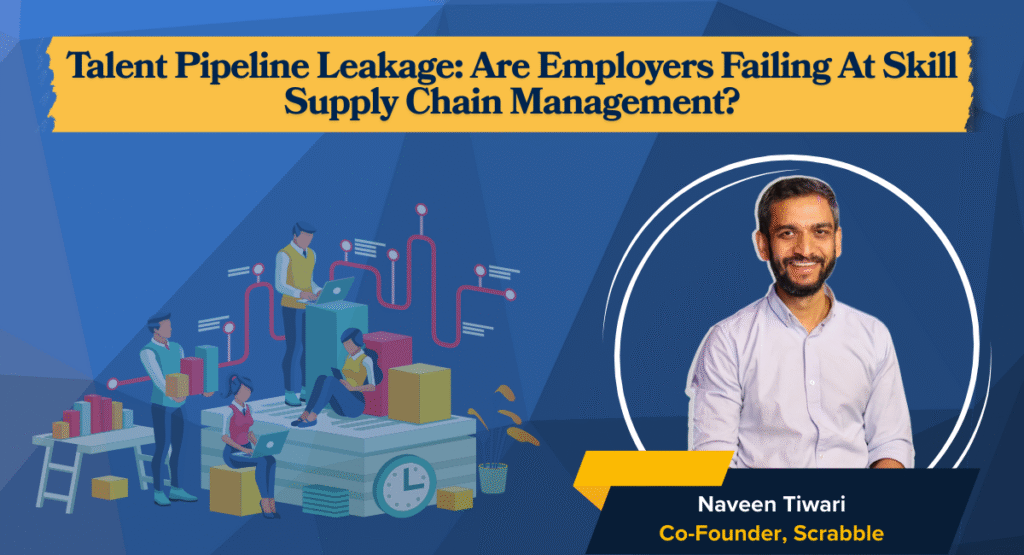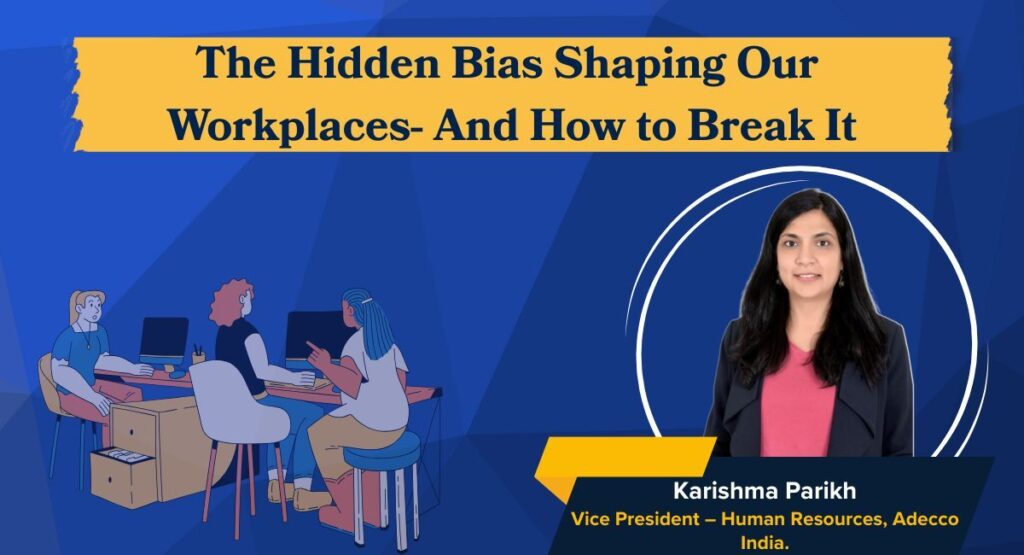Remember those early days when a chatbot popped up on some website, asking for your details? It felt a bit like being interviewed but just online and informal. Fast forward to today, and that experience isn’t limited to random websites anymore. It’s happening in the real world of recruitment.
AI-powered bots are no longer limited to just answering queries. Today, they’re screening resumes, conducting video interviews, and in some cases, even making final hiring decisions. These faceless voices and digital avatars are offering the promise of faster, fairer, and more efficient recruitment. And this shift isn’t experimental anymore; it’s quickly becoming the new normal.
According to HireVue’s 2025 survey, 31% of HR professionals are extensively leveraging AI for candidate assessments this year. The AI-based tools evaluate skills, cognitive abilities, job fit, and even communication style through AI-analyzed interviews.
With adoption growing rapidly, it’s clear that AI is no longer just supporting the hiring process, it’s actively transforming it. Let’s take a closer look at how AI bots are reshaping the job interview experience and the Indian companies leading the charge in this new era of recruitment.
Meet the companies changing the job interview game
In India, AI bots taking over parts of the interview process has become increasingly common, driven by new-age companies championing this shift. Some of the prominent names leading the way include:
- Gurugram- and Bengaluru-based startup Hunar.AI is streamlining large-scale hiring with its advanced Voice AI agents. These agents integrate powerful foundational models like LLaMA and OpenAI with proprietary evaluation and voice technology. Designed specifically for the Indian market, these systems support multilingual conversations and function effectively even in noisy environments, an advantage in high-volume hiring scenarios.
Shantanu Bhattacharrya, Founder & CTO of Hunar.AI, shared, “Our AI voice recruiter, Neha, has shown significant improvements compared to traditional human-led processes. Neha has delivered 3.5-4X higher throughput, enabling recruiters to hire more candidates in less time. Time-to-hire has dropped by nearly 80%, thanks to 24×7 availability and automated engagement.” Currently Hunar.AI caters to over 20 B2B clients involved in large-scale hiring across sectors like retail, logistics, and manufacturing. Its client base includes names such as Licious, Rebel Foods, One MCG, and RVNL.
- Then there’s GetWork, a Gurugram-based hiring services platform using two bots:
- The AI Calling Bot, which contacts candidates and gathers details beyond what’s in their resumes.
- AI Assessment Agent, which analyzes resumes, matches them to job descriptions, and asks tailored interview questions.
Other companies driving similar innovations include Apna, InCruiter, Hyring and CandidHR.ai, which are using AI to automate everything from interview scheduling to skill assessments.
Why are companies shifting to AI interviews?
The role of AI in recruitment is neither new nor unheard of. A few years ago, the same technology was primarily used to write job descriptions. Today, it has become something far more powerful: AI tools now screen candidates, answer queries, and even conduct preliminary interviews.
This transformation isn’t just about technology catching up, it’s about how companies are rethinking hiring itself. A recent LinkedIn study shows that Indian recruiters are moving away from a “quick hire” mindset to focus more on “quality hiring.” In line with this shift, 3 out of 4 recruiters now allocate up to 70% of their hiring budgets to recruitment tech and AI solutions.
Here’s why that makes sense:
It scales easily: AI-powered bots enable high-volume hiring by conducting hundreds of interviews daily, significantly reducing the time and resources required for manual screening.
Round-the-clock engagement: Many candidates now lean toward interviews beyond the usual 9-to-5 schedule. AI-driven bots make this possible by offering flexible slots, whether it’s late at night or during odd hours, when coordinating with a human-led interviewer can be challenging.
Smarter and fair evaluation: These tools also help uphold assessment integrity. Advanced bots can detect AI-generated responses, monitor tab-switching, track eye movements, and flag signs of impersonation to ensure a fair evaluation.
Data over instinct: It’s not just about assessing skills; AI also gauges candidate motivation. By analyzing tone, language structure, and intent behind answers (like “Why do you want this role?”), the system can measure genuine interest and cultural fit.
Typically, an AI-led interview works like this:
- An AI-led interview usually starts with a link directing candidates to a portal with instructions and an overview of the process. The interview can be voice or video-based, guided by a digital voice or onscreen text-based prompts, and features questions tailored to the job role. Sometimes, the bot follows a fixed set of questions, while other times it adapts in real-time, generating follow-ups based on the candidate’s previous answers.
- Responses are captured in various formats: audio is analyzed in real time, video is recorded for later review, and text inputs are logged. All data is stored in a candidate profile for HR teams to access.
- Once the interview is complete, the system generates a report highlighting performance metrics, strengths, and areas for improvement, giving recruiters a well-rounded view of each candidate.
The risk of losing human touch
While AI-driven interviews offer speed, scale, and standardization, they can also risk alienating candidates if not implemented thoughtfully. Many job seekers still want empathy, understanding, and a chance to explain things in their own way. These are things AI often struggles with. For roles that need strong people skills or creativity, talking to a bot can feel like a one-sided conversation.
Technical issues are another concern. Glitches and system failures aren’t uncommon. Several clips circulating on TikTok show interview bots misinterpreting responses or repeating phrases. In one widely shared instance, an AI interviewer developed by Apriora looped the phrase “vertical bar pilates” for nearly 30 seconds, highlighting the limits of current technology.
Proceed with caution
As AI tools become more common in hiring, concerns around fairness, bias, and transparency are only growing louder. In response, some regions are taking action. In the U.S., Illinois now requires companies to disclose when AI is analyzing video interviews and to obtain candidate consent. Similarly, New York City has introduced mandatory annual bias audits for any automated hiring tools used by local employers. These are early efforts to bring accountability to a rapidly evolving space.
In India, the lack of regulations on AI in hiring raises growing concerns about fairness and transparency. While AI can be valuable for early screening, relying on it for final decisions risks overlooking top talent. For now, AI should remain in a supporting role, with humans making the key calls.
